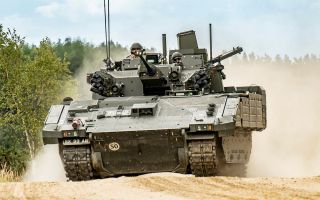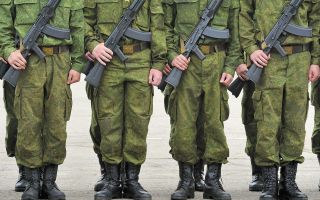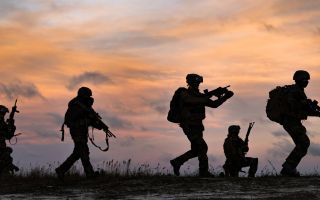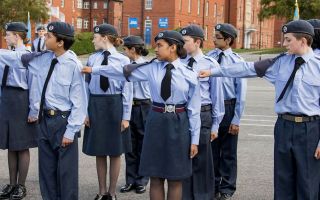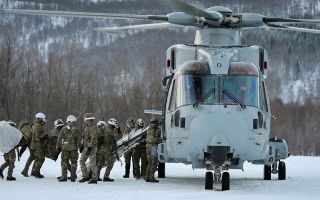US Election 2020: What Does It Mean For American Defence?
Millions of people in the United States have cast their votes in the 2020 election to choose who will be its President.
Donald Trump and Joe Biden, have differing approaches to running the nation, while securing the military vote remains a focus for both the Republican and Democratic parties.
For Mr Biden, half a century in politics has included eight years spent as vice president to Barack Obama, offering advice on a range of topics, including foreign affairs.
Under President Obama's leadership, the United States withdrew forces from Iraq and ended much of its combat mission in Afghanistan, while Mr Biden claims the pair's work "ultimately defeated ISIS".
With a four-year term now approaching its end, President Trump's notable moves as commander-in-chief include the killing of Iran’s most senior general, Qassem Soleimani, and the leader of the so-called Islamic State terror group, Abu Bakr al-Baghdadi.
The creation of the US Space Force, a departure from the Iran nuclear deal, two failed nuclear summits with North Korea and troop withdrawal from the Middle East have also been among the major topics during Mr Trump's leadership.
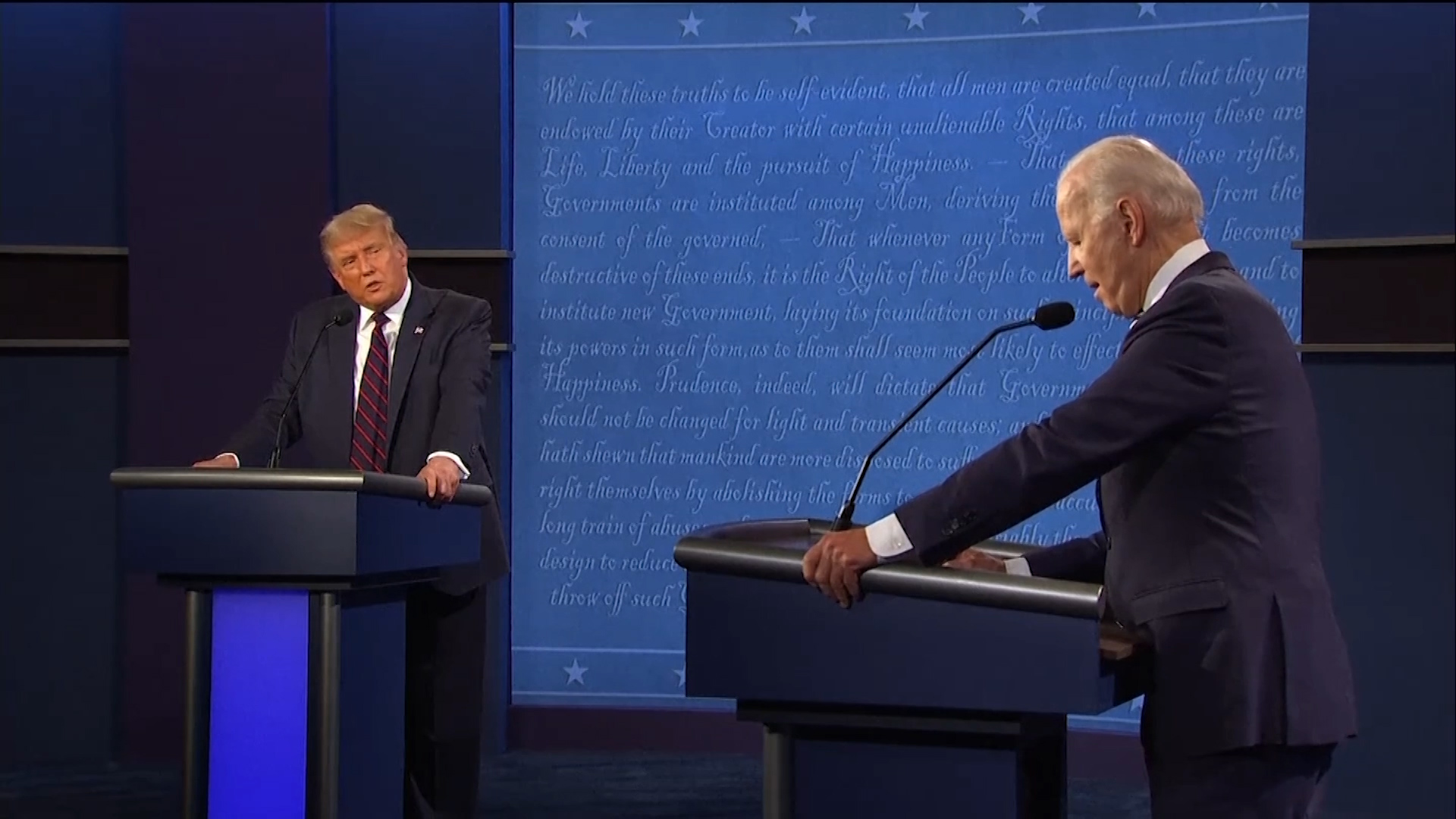
The jostle for the US Armed Forces vote has also become personal, Mr Biden already defending his late son Beau, an Iraq war veteran, for his military service, while President Trump denied referring to American war dead as "losers" and "suckers".
The United States has a voter demographic which has been described by Dr Julie Norman, Politics and International Relations at University College London, as "viable and enthusiastic".
There is nearly two million servicemen and women in the US forces when including reservists, and 10 times the number of veterans.
In total, around one-in-10 American voters has a military record.
According to the Military Times, a 60% Republican backing from US personnel in 2016 has fallen to 37% in a recent poll, 41% looking for new leadership under Mr Biden.
The next four years, however, are likely to present a new set of challenges for whoever is commander-in-chief.
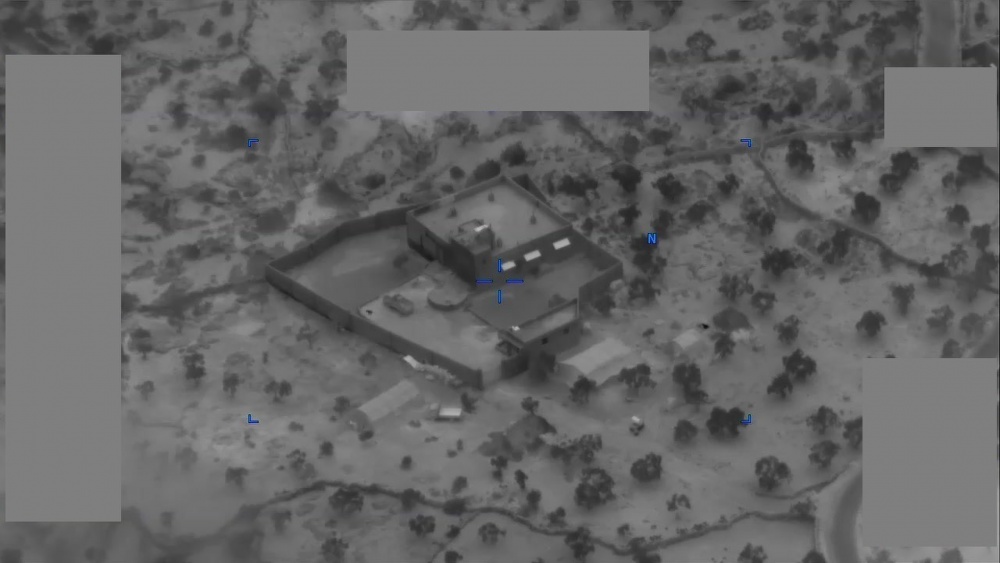
"No matter who wins, there will be an economic recession," said Dr Karin von Hippel, Director-General of the Royal United Services Institute (RUSI), as COVID-19 continues to maintain its grip over the nation.
More than eight million cases have been reported in the US since the start of the pandemic, which has dominated non-defence debate, alongside racial issues and healthcare.
"They will be working with, presumably, a smaller budget unless the economy rebounds very quickly – but at the moment it’s not clear it will," Dr von Hippel added.
Defence spending fell under the Obama administration between 2013 and 2016.
Meanwhile, a rise in defence spending under Trump has seen a return to 2013 figures, with the number of personnel also increasing over the last four years.
On a wider scale, Mr Trump has himself taken credit for increases in proportional defence contribution across the NATO alliance.
Both candidates have committed to military expansion to meet emerging, non-conventional threats.
What impact will the US election result have on British defence? Watch our video and read the full story here.
Cover image: Marine helicopter lands at the White House (Picture: US Department of Defense).

